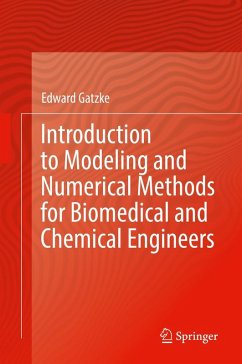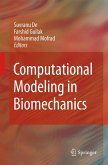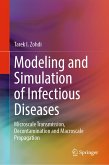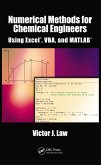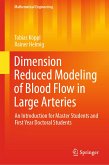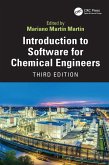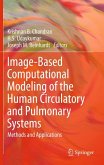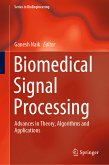This textbook introduces the concepts and tools that biomedical and chemical engineering students need to know in order to translate engineering problems into a numerical representation using scientific fundamentals. Modeling concepts focus on problems that are directly related to biomedical and chemical engineering. A variety of computational tools are presented, including MATLAB, Excel, Mathcad, and COMSOL, and a brief introduction to each tool is accompanied by multiple computer lab experiences. The numerical methods covered are basic linear algebra and basic statistics, and traditional methods like Newton's method, Euler Integration, and trapezoidal integration. The book presents the reader with numerous examples and worked problems, and practice problems are included at the end of each chapter.
Dieser Download kann aus rechtlichen Gründen nur mit Rechnungsadresse in A, B, BG, CY, CZ, D, DK, EW, E, FIN, F, GR, HR, H, IRL, I, LT, L, LR, M, NL, PL, P, R, S, SLO, SK ausgeliefert werden.

